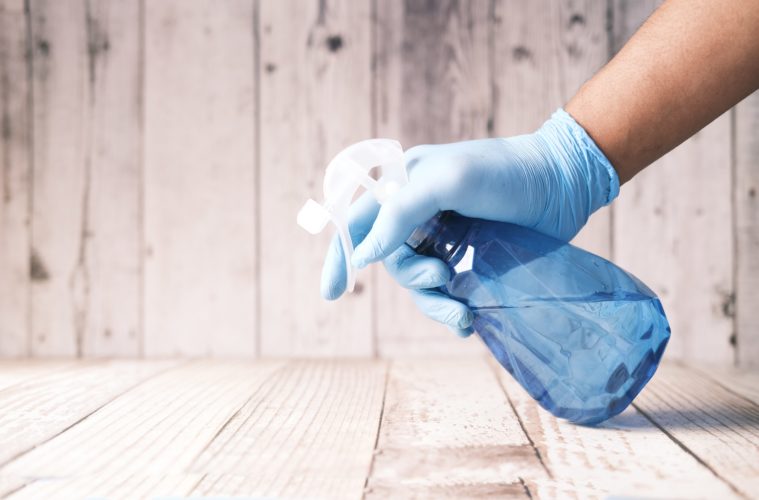World Antimicrobial Awareness Week, which begins today and lasts to 24 November, aims to increase awareness of antimicrobial resistance and to encourage everyone to play their part in stopping the spread of drug-resistant infections.
Antimicrobials are a group of medicines that include antibiotics, antivirals, antifungals and antiparasitics and are used to prevent and treat infections. Misuse and overuse of antimicrobials, such as taking antibiotics when they are not needed, can cause bacteria to become resistant. This is known as Antimicrobial Resistance (AMR) and happens when bacteria, viruses, fungi and parasites change over time and no longer respond to these medicines meaning current treatments will no longer work.
Roisin Kavanagh, Director of Pharmacy, explains what this can mean: “If antimicrobial medicines become ineffective, it becomes much more difficult to treat infections. This can mean longer hospital stays for patients, longer recovery times and in certain circumstances can even lead to death.
“But there are things you can do to help. You can help prevent antimicrobial resistance by reducing the risk of infection through washing your hands, limiting close contact with those who are sick and keeping your vaccinations up to date. And it is important to remember, not all infections can be treated with antimicrobials.”
Source: Photo by Towfiqu barbhuiya on Unsplash


